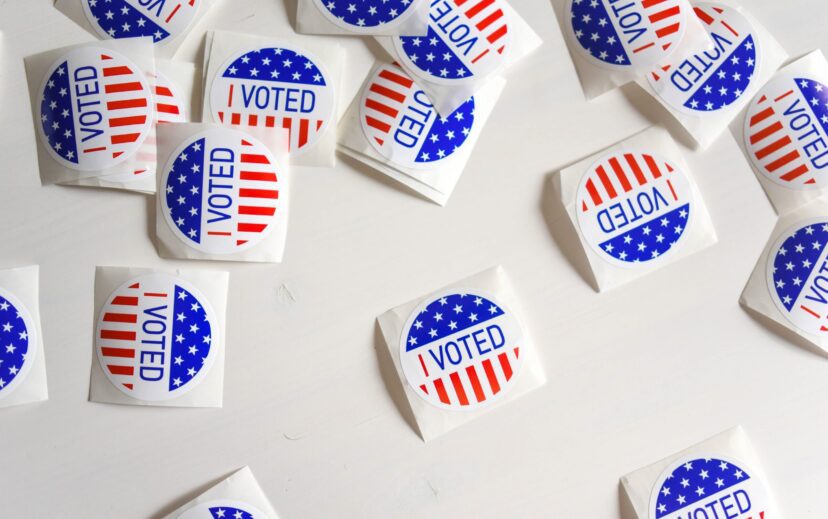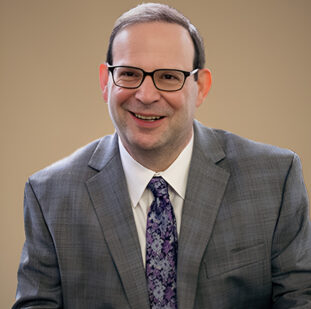You’ve heard it said over the airwaves ad nauseum as election day approaches – regardless of your political affiliation, it’s important to get out and vote. Unfortunately, this is often easier said than done since Election Day is neither a federal nor state holiday. However, many states, including New York, have laws that require employers to give a limited amount of paid leave to enable their employees to exercise their franchise.
WHAT NEW YORK ELECTION LAW SAYS
New York Election Law Section 3-110 provides employees a limited amount of paid time off to vote if they don’t have “sufficient time to vote” as defined in the statute. How much paid time do you get if you qualify? Up to two hours. What is sufficient time to vote? The statute says that “[i]f an employee has four consecutive hours either between the opening of the polls and the beginning of his or her working shift, or between the end of his or her working shift and the closing of the polls, he or she shall be deemed to have sufficient time outside his or her working hours within which to vote.” Ok, so what does that mean?
HOW TO DETERMINE IF YOU QUALIFY
Let’s say you work a typical 9 to 5 shift and the polls are open from 6 a.m. to 9 p.m. You wouldn’t qualify for any paid time off because the polls are open for four consecutive hours (5 p.m. – 9 p.m.) after you’re done for the day. However, if your schedule is from 9 a.m. to 6 p.m., then you would qualify for some paid time off because there’s only three hours between the end of your shift and the closing of the polls.
Assuming you qualify for some paid time off, you don’t automatically get to take it and you don’t necessarily get the maximum two hours to vote. How much time you get is determined on a case-by-case basis, taking into account factors such as traffic and transit conditions and waiting times at your polling place. Moreover, you must specifically request the time off from your employer at least two “working days” (but no more than ten) prior to the particular election day (such as a general election, special election or primary). “Working day” is not defined in the statute but it is generally construed to be consecutive days when the employer’s business is open, which may include weekends for stores and restaurants. If you do qualify for paid time off, employers can’t make you use other personal time off to vote.
CONCLUSION
Exercising your right to vote is a foundation for the democratic process. Reach out to an employment attorney in your jurisdiction regarding any questions you have about taking time off from work to vote. Contact a member of the Romano Law team today.





